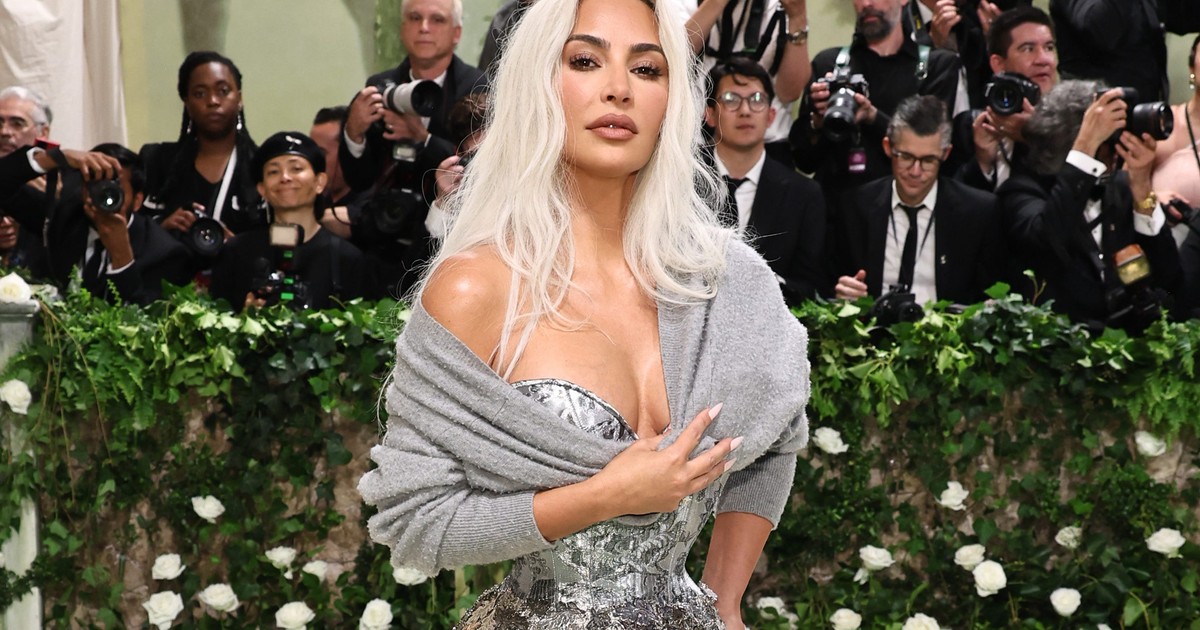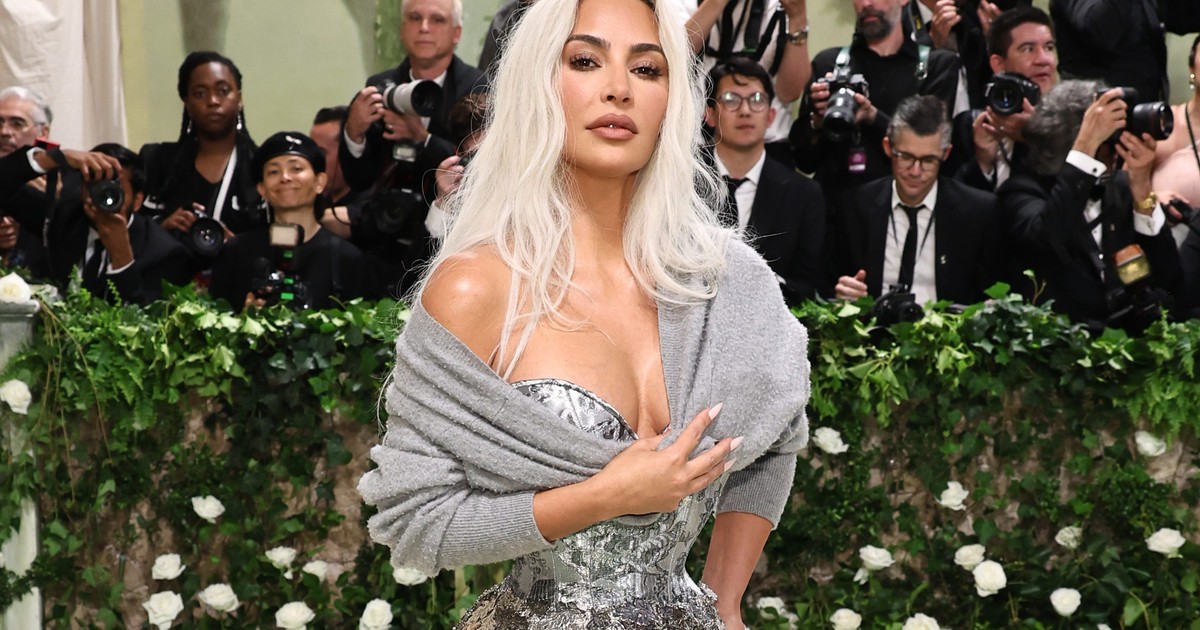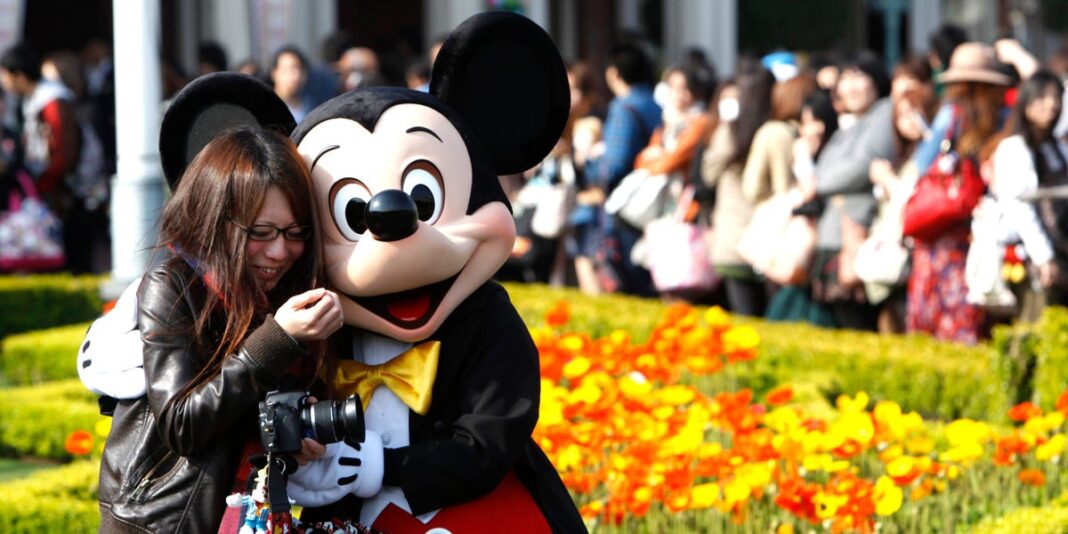The Great Debate: Disney’s ‘Woke’ Revolution
In a world where entertainment meets ideology, one question has been dividing fans of the Happiest Place on Earth: has Disney gone too far? For years, the behemoth entertainment conglomerate has been accused of succumbing to the pressures of modern progressivism, incorporating “woke” ideals and values into its beloved films, TV shows, and theme park attractions. But are these changes truly a sell-out to the company’s core values, or a bold step forward in embracing diversity and inclusivity?

Inclusivity Matters

Disney’s superfans are unwavering in their support for the company’s diversity, equity, and inclusion (DEI) efforts. They want to see more representation in its shows and movies, and they believe that inclusivity is key to making the brand more relatable and interesting.
Trisha Daab, a Disney superfan who was married at Disney’s parks in 2005, said that there is a big audience out there that supports DEI initiatives and wants to see inclusivity. “They use their dollar to show their support for brands that support a world that is open and inclusive,” she added.
Shae Noble, a Disney superfan from Washington state, echoed this sentiment, saying that if Disney’s movies and shows were not diverse, they would become uninteresting and unreflective of the population.

Diversity is Key
Disney’s superfans believe that diversity is essential to making the brand more relatable and interesting. They want to see more diverse characters, stories, and staff, and they believe that this is crucial to the brand’s success.
Francis Dominic, a Disney-focused content creator and social media influencer, said that Disney shouldn’t have to apologize for making its movie characters or parks staff more diverse. “So what if Disney is woke?” he asked.
Jay Yee, a 62-year-old Disney adult from New York City, also emphasized the importance of diversity, saying that he wasn’t sure if Disney had gone far enough in promoting inclusivity.
No Apologies Needed
Disney’s superfans believe that the company shouldn’t shy away from promoting inclusivity, even if it means getting caught in an anti-woke backlash. They believe that Disney should take a stand on social issues and promote inclusivity, even if it’s costly.
Trisha Daab said that she hopes Disney doesn’t shy away from promoting diversity and inclusivity. “I’ve seen how much children of different ethnicities love seeing princesses who look more like them,” she added.
Francis Dominic also emphasized that Disney shouldn’t be reluctant to lean into diversity. “It’s not factual – it’s a fairy tale,” he said, referring to the controversy over the casting of Latina actor Rachel Zegler as Snow White in the 2025 remake.
The Impact of “Wokeness” on Disney’s Brand
Business Implications
The potential cost of Disney’s hesitation to fully commit to DEI initiatives could be significant. If the company shies away from promoting inclusivity, it may lose support from progressive audiences.
Trisha Daab said that there is a big audience out there that supports DEI initiatives and wants to see inclusivity. “They use their dollar to show their support for brands that support a world that is open and inclusive,” she added.
Fan Loyalty
Disney’s superfans are crucial to the brand’s success, and they are passionate advocates for the company’s values. They believe that Disney should take a stand on social issues and promote inclusivity, even if it means getting caught in an anti-woke backlash.
The Future of Disney
Disney needs to balance its appeal to a wide audience while staying true to its commitment to inclusivity and diversity. The company’s superfans believe that this is crucial to the brand’s success and relevance in the long run.
Francis Dominic said that Disney shouldn’t be reluctant to lean into diversity. “So what if Disney is woke?” he asked. “It’s not factual – it’s a fairy tale.”
Conclusion
The Reality Check: Why Disney’s “Woke” Shift Isn’t Losing Fans
The recent debate over Disney’s alleged shift towards a more “woke” approach has sparked heated discussions among conservatives and Disney enthusiasts alike. However, as revealed in Business Insider’s article, Disney’s most passionate fans aren’t buying into the narrative that the company’s efforts are alienating them. Instead, they’re embracing the changes, which aim to promote diversity, equity, and inclusion. Key points highlighted in the article include Disney’s commitment to representation, its efforts to showcase diverse characters and storylines, and the company’s dedication to creating content that resonates with a broader audience.
The significance of this topic extends beyond the world of entertainment, as it speaks to the broader cultural landscape. The article’s insights demonstrate that, contrary to popular opinion, Disney’s evolution is not a mere marketing ploy, but a genuine attempt to reflect the changing values and preferences of its audience. Moreover, this shift has the potential to inspire other companies to take a similar approach, leading to a more inclusive and empathetic industry. As the article shows, Disney’s fans are actively engaging with and celebrating the company’s efforts, which bodes well for the company’s future.
In conclusion, the notion that Disney’s “woke” shift is losing fans is a misconception that fails to account for the company’s unwavering commitment to its audience. As Disney continues to push the boundaries of representation and inclusion, it’s essential to recognize that its fans are not just passive consumers but active participants in shaping the company’s narrative. As the entertainment industry continues to evolve, one thing is certain: the lines between art and activism are blurring, and Disney is at the forefront of this transformation. The question is, will other companies follow suit, or will they choose to stick to the status quo?
